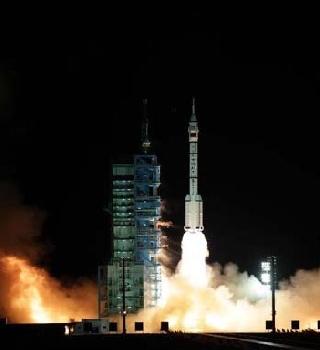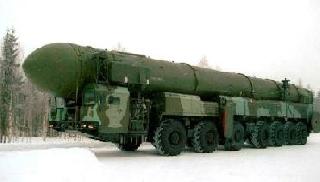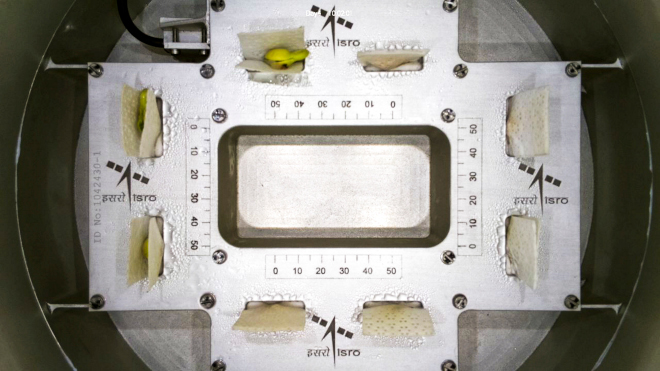
A modified model of the Long March CZ-2F rocket carrying the unmanned spacecraft Shenzhou-8 blasts off from the launch pad at the Jiuquan Satellite Launch Center in northwest China's Gansu Province on Nov. 1. A Xinuha/ China Academy of Launch Vehicle Technology photo
BEIJING (BNS): In its endeavour to become the next major global space power, China on Tuesday successfully launched an unmanned spacecraft that will rendezvous with the nation's maiden space lab, Tiangong-1.
The early morning blast off of the Shenzhou-8 unmanned spacecraft on board an upgraded Long March-2F rocket "was successful," the official Xinuha news agency said quoting the Commander-in-chief of China's manned space programme.
The spacecraft achieved its designated orbit after blastoff at 5:58 am from the Jiuquan Satellite Launch Center in northwest Gobi desert, it said.
The Shenzhou-8 will join Tiangong-1 - China's first unmanned space lab launched last month.
The docking is scheduled to occur within two days after the launch of Shenzhou-8 and at a height of 343 km above the Earth's surface. The spacecraft will return to the Earth after two docking tryouts, Xinuha said.
If successful, the mission will make China only the third country after the US and Russia to develop and test space docking technology.
It will also take the Asian country a step ahead in its ambitious plan to develop a manned space station, which it hopes will be fully operational by 2020.
The 60-ton space station consisting of three modules will be part of China's ambitious manned space programme to send astronauts to Moon and beyond.
 Previous Article
Previous Article Next Article
Next Article











The Indian Air Force, in its flight trials evaluation report submitted before the Defence Ministry l..
view articleAn insight into the Medium Multi-Role Combat Aircraft competition...
view articleSky enthusiasts can now spot the International Space Station (ISS) commanded by Indian-American astr..
view article